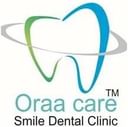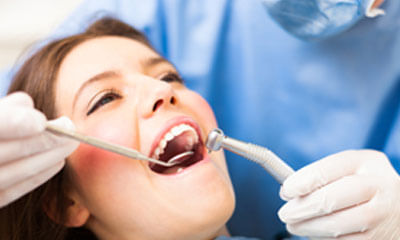Importance of Brushing With Tooth Paste!
Brushing with toothpaste is important for several reasons.
- First and foremost, a toothpaste and a correct brushing action work to remove plaque, a sticky, harmful film of bacteria that grows on your teeth that cause cavities, gum disease, and eventual tooth loss if not controlled.
- Second, toothpaste contains fluoride, which makes the entire tooth structure more resistant to decay and promotes remineralization, which aids in repairing early decay before the damage can even be seen.
- Third, special ingredients in toothpaste help to clean and polish the teeth and remove stains over time. Fourth, toothpaste help freshen breath and leave your mouth with a clean feeling.
What type of toothpaste should I use?
As long as your toothpaste contains fluoride, the brand you buy really does not matter, neither does whether or not it is in the paste, gel or even powder form or containing a certain flavor. All fluoride toothpaste work effectively to fight plaque and cavities and clean and polish tooth enamel. Your toothpaste brand should bear the ADA (American Dental Association) seal of approval on the container, which means that adequate evidence of safety and efficacy have been demonstrated in controlled, clinical trials.
If your teeth are hypersensitive to hot or cold, consider trying a toothpaste designed for sensitive teeth. These "desensitizing" toothpaste, which contains strontium chloride or potassium nitrate, protect exposed dentin by blocking the tubes in the teeth that are connected to nerves. Desensitizing pastes must be used for at least one month before any therapeutic effects are felt.
Toothpaste containing baking soda and/or hydrogen peroxide (which are both good cleansing agents) give the teeth and mouth a clean, fresh, pleasant feeling that can offer an incentive to brush more, but fluoride is the true active ingredient at work protecting your teeth. Some prefer a tartar-control toothpaste containing pyrophosphates to prevent the build-up of soft calculus (tartar) deposits on their teeth. New pastes offer advanced whitening formulas aimed at safely removing stains to make teeth brighter and shinier, although they can't nearly match the effectiveness of a professional bleaching formula administered or prescribed by a dentist.
How much should I use?
Contrary to what toothpaste commercials show, the amount of paste or gel needed on your brush for effective cleaning does not have to be a heaping amount. Simply squeeze a pea-sized dab of paste on the top half of your brush. If you brush correctly, holding the toothbrush at a 45-degree angle and brush inside, outside and between your teeth, the paste should foam enough to cover all of your teeth. Children under age 6, however, should be given a very small, baby pea-sized dab of toothpaste on their brush.
Is brushing with toothpaste enough to fight cavities and gum disease?
No. Although brushing thoroughly after each meal helps, flossing your teeth every day to remove plaque and food particles between teeth and at the gumline is just as important. Studies show that plaque will regrow on teeth that are completely clean within three to four hours of brushing.



+1.svg)
